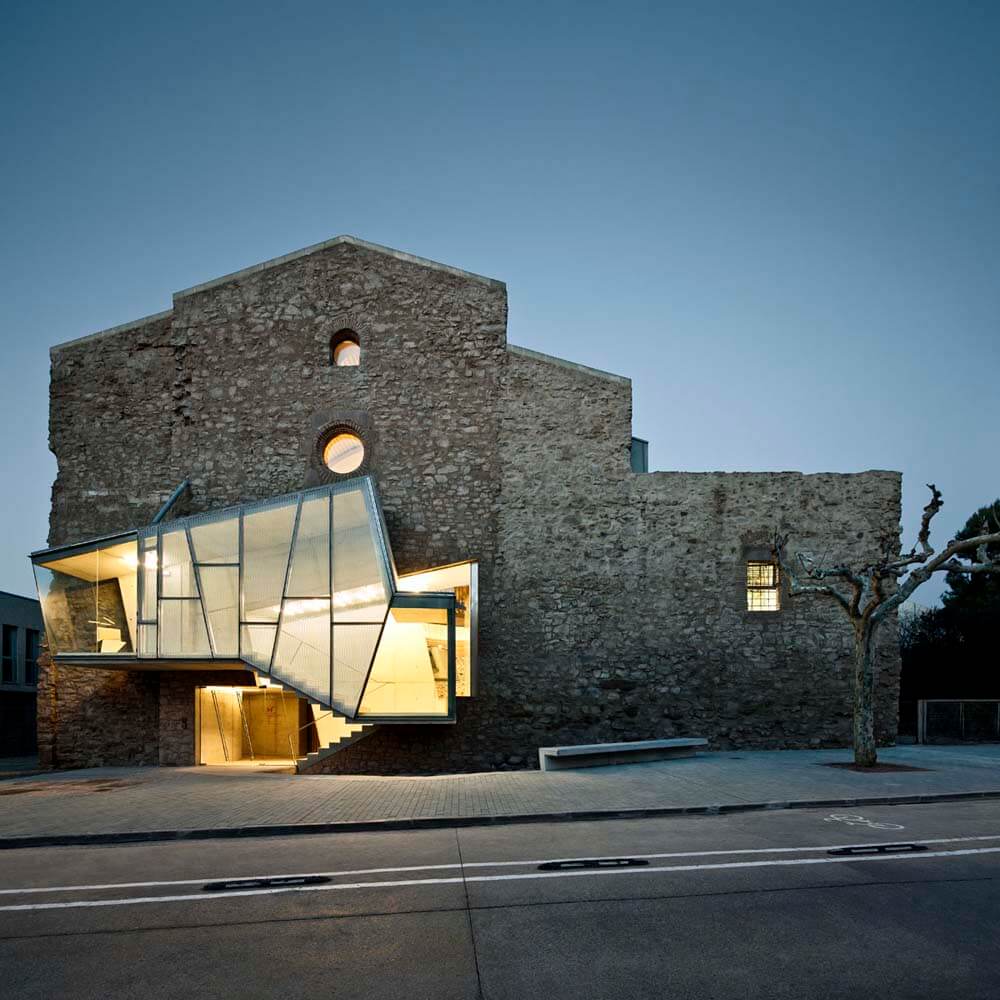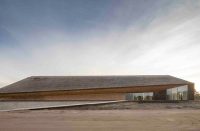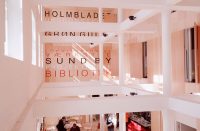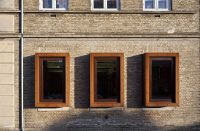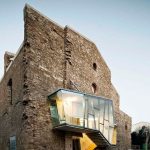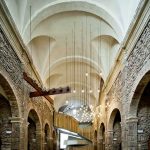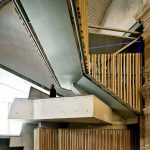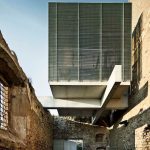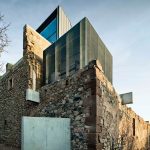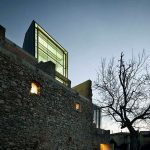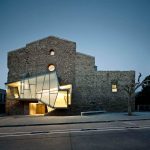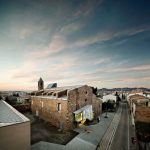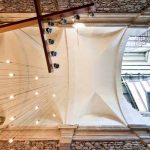Architect(s): David Closes
Address: Carrer Tarragona, 5, SANTPEDOR, Spain
Latitude/Longitude: 41.78127949930952,1.8401593728164045
Photographs: Jordi Surroca
The Sant Francesc convent, located in the small Catalan town of Santpedor, was built in the early 18th century by Franciscan priests. In 1835 the convent was sacked. Thereafter began the process of progressive deterioration of the building that ended with its demolition in 2000. Only the church remained standing, but in a completely ruinous state.
The project was aimed to convert the Church into an auditorium and a multifunctional cultural facility. The intervention has consolidated the church without deleting the process of deterioration and collapse that the building had suffered. The project has maintained the dimensions of the church interior space and, also, the unusual entries of natural light produced by partial roof collapses. Rather than reconstructing the church, the intervention has just consolidated the old fabric distinguishing clearly the new elements executed of the original ones. The renovation carried out allows to read historical wounds and the building’s most important spatial values without giving up the use of contemporary language in the new elements introduced in the intervention.
The new programmatic volumes inserted (as vertical accesses or technical equipment) have been located partially outside of the church with the aim of preserving the inner space unity of the nave. In addition, the new stairs and ramps provide an unwonted circular route across the building with amazing and diverse views.
The intervention preserves the historical heritage of the building and simultaneously adds new values which highlight and singularize the ancient church in a contemporary way.
In the future, a final phase will complete the project by placing a historical archive on the upper floors of the south side of the church.
Text description provided by the architects.
Area: 950m²
Collaborators: Dídac Dalmau (construction engineer), BOMA (structures consultants), Toni Vila (industrial engineer)
Contributed by David Closes

